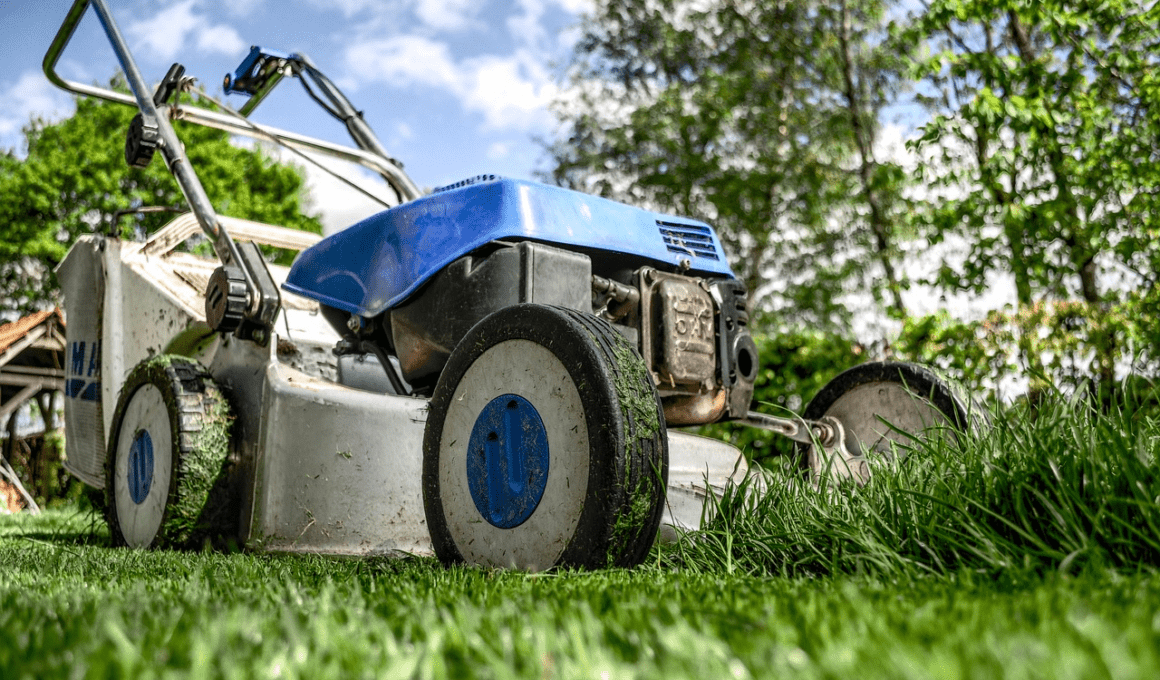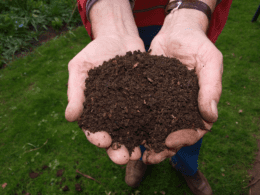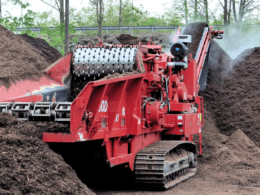Are you getting ready for planting season in your garden? If so, you may be wondering which tool is best for preparing your soil: a cultivator or a tiller. Both tools serve the same purpose, but they have some key differences that make them better suited for certain tasks. By understanding these differences, you can choose the right tool for your garden and ensure a successful planting season.
When it comes to tough, untouched soil, a tiller is your best bet. Its powerful blades can break up soil and tear through weeds, rocks, and roots.
However, if you’re looking for a more versatile tool, a cultivator may be the way to go. With teeth designed to grab and remove entire broad-leaf weeds and interchangeable attachments for plowing garden soil into rows, you can customize your cultivator to suit your specific gardening needs.
So which tool is right for you? Let’s take a closer look at the features of each and help you make an informed decision.
Quick Takeaways
- Tillers are best for breaking up tough, untouched soil, tearing through weeds, rocks, and roots, grinding up/removing weeds, and breaking ground.
- Cultivators have many uses in the garden including prepping soil, removing/burying weeds, sculpting beds/rows, aeration, and soil preparation.
- Cultivators have teeth made to grab and remove entire broad-leaf weeds (roots and all) and create trenches for lining up perfect rows of seeds.
- Both proper aeration and using the right tool at the right time are necessary for healthy plant and root growth.
What Are the Benefits of Using a Cultivator or Tiller in Firewood Preparation?
Using a cultivator or tiller in firewood preparation brings several advantages. Understanding firewood measurements: rick vs cord is crucial to efficiently manage your firewood supply. A cultivator or tiller eases the process by breaking down the soil, enabling better nutrient absorption for healthier firewood growth. Moreover, it enhances the overall quality and durability of the firewood, ensuring optimal burning efficiency.
Tiller Features
If you need to break up tough, untouched soil and tear through weeds, rocks, and roots, a tiller with hard metal blades, front-line and rear-tine models is the best choice for you. These electric or gas-powered machines are built to last and can withstand heavy use.
Tiller durability is important when you’re planning to use it often, and you don’t want to worry about it breaking down or needing frequent repairs. Maintenance requirements for tillers are also relatively low. You’ll need to keep the blades sharp and lubricated, but beyond that, they don’t require a lot of attention.
Just be sure to follow the manufacturer’s instructions for use and cleaning, and your tiller will be a reliable tool for years to come. With a tiller, you can quickly and easily prepare your garden for planting season and keep it maintained throughout the year.
Cultivator Features
To get the most out of your gardening experience, a cultivator is a great tool that can do wonders for your small garden. Here are some benefits of using a cultivator for your garden:
- Cultivators are perfect for small gardens as they’re lightweight and easy to maneuver.
- They create a fine texture of soil that’s perfect for planting seeds and promoting healthy root growth.
- Cultivators can remove weeds by grabbing and removing entire broad-leaf weeds, roots and all.
- They can evenly mix compost and fertilizer into the soil, providing your plants with necessary nutrients.
- Cultivators come in different sizes, so you can choose the one that best suits your garden’s needs.
With these benefits in mind, it’s easy to see why cultivators are a great addition to any small garden. Just remember to choose the right size for your garden and use it when the soil’s slightly damp to get the most out of your cultivator.
Choosing the Right Tool
When deciding on the right tool for your gardening needs, it’s important to consider the size of your garden and the tasks you need to accomplish.
If you have a small garden and need to do some surface weeding, a cultivator might be the perfect tool for you. It’s also great for mixing compost and fertilizer into the soil and creating trenches for lining up perfect rows of seeds.
However, if you have a larger garden or need to break up tough, untouched soil, a tiller might be a better fit. It’s capable of tearing through weeds, rocks, and roots and provides more useable soil texture.
When it comes to cost comparison, cultivators are generally less expensive than tillers. They’re also more lightweight and easier to maneuver, making them a great option for those with limited physical strength.
However, if you have a larger garden or need to tackle tougher tasks, a tiller might be worth the investment. Ultimately, the choice between a cultivator and a tiller depends on your specific gardening needs and budget.
Consider the pros and cons of each tool before making your decision.
Frequently Asked Questions
How often should a tiller or cultivator be used in a garden?
To keep your garden healthy, use a tiller or cultivator before planting season or when soil is slightly damp. Consider the benefits of hand tilling and determine when to use a cultivator versus a tiller. Stay safe and enjoy your garden.
Can a cultivator be used to till large plots of land?
Using a cultivator to till large plots of land has pros and cons. It’s good for prepping soil, removing weeds, and creating trenches for rows. But it may struggle with tough, untouched soil and rocks compared to a tiller’s hard metal blades.
What safety precautions should be taken when using a tiller or cultivator?
Proper safety precautions are essential when using a tiller or cultivator. Always wear protective gear and keep loose clothing, jewelry, and long hair away from moving parts. Regular maintenance tips include checking blades, oil levels, and fuel before use.
Are there any environmental concerns associated with using a gas-powered tiller?
When using a gas-powered tiller, there are environmental impact concerns due to emissions and noise pollution. Alternatives to gas include electric tillers or manual tools like cultivators. These options are quieter and produce no emissions.
Can a tiller or cultivator be used for other outdoor projects besides gardening?
Looking to tackle some DIY landscaping or outdoor renovation projects? You might want to consider using a tiller or cultivator. These handy tools can be used for tasks like preparing soil, removing weeds, and even grading surfaces.









